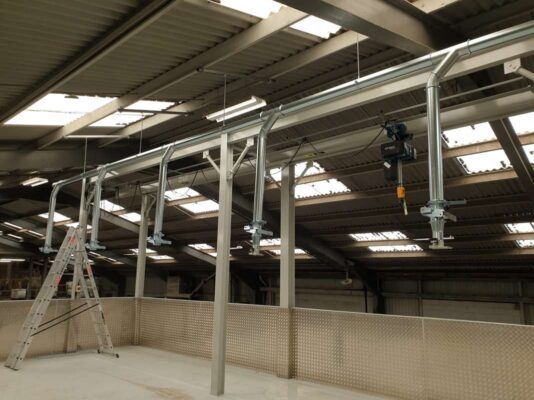We have worked closely with several companies in this industry. Please find some of our Case Studies below.
Why may food processing and production plants need odour control?
Food processing and production is how food gets from farm to table. Some foods are processed as to make new products, others to increase shelf life. The processing of foods can emit powerful odours. Food processing odour control helps mitigate the strong smells that come from the waste created. You may have built up some tolerance to the smells, but the local residents could still put in complaints.
What causes odour in food processing plants?
The smells that are created from a mixture of different organic and inorganic matter are by-products of the production process. Most odours from food processing is harmless, but food processing odour control is needed for better air quality. The compounds of materials usual sit in a waste tank, after some time this waste will outgas. Even the most pleasant smells can get complaints from the local community.
Who would benefit from food processing odour control?
Abattoirs
Abattoirs, also known as slaughter houses, are a building where animals are slaughtered for meat production. As animals are living creatures and therefore, they are susceptible to decomposition. The parts of the animals that are not used, will start to decay and the smell of rotting flesh is one of the most unpleasant. If you don’t have some form of odour control then the smell will escape and you will be subject to serious complaints, potentially even legal action.
Poultry Processing
Similar to abattoirs, poultry processing is specifically for the processing of chickens, ducks, and other birds. This includes both slaughter and egg production. The most powerful odour that is produced is Ammonia, which has a very sharp, distinct smell. Ammonia in large doses can be dangerous, causing eye, throat and nose irritation. For longer exposure it can cause lung damage. For the safety of your employees, you need a form of odour control.
Garlic products
Garlic is a popular ingredient added to a lot of dishes. Garlic is also processed into pastes, powders, and infused in butter. However loved garlic is, the smell is pungent and not welcomed by the local community. The Allium in the garlic releases to give its distinctive smell. Food processing odour control is essential for mitigating civil and legal problems from the general public.
How can these odours be controlled?
Wet Scrubbers
You can use different types wet mediums, such as water or acids. The wet scrubber uses the water-based solvent to absorb the molecules that cause odours, known as odorants. The scrubbing liquid is introduced into the air where the molecules are captured in the droplets.
Activated Carbon
Also known as dry scrubbers, activated carbon scrubbers filter the odorants out of the air without the need for water. The carbon is made with small pores so there is an increased surface area, increasing the absorption capacity.
Why should you use Exeon for food processing odour control?
Coming from family roots, our mission has remained the same since we began; making the world a better place. Clean, pleasant air should be a standard for anyone working in food production. Each solution is made for your specific requirements, maximising the effectiveness of your odour control management. Don’t hesitate, get in touch today!




